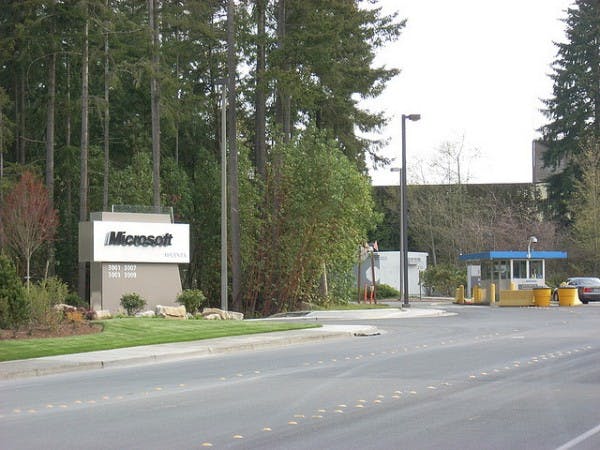Every company goes through eras of growth and consolidation. It’s rare that a company will go the other way around.
A decade ago we saw the two companies that defined the 1990s, Intel Corporation (NASDAQ:INTC) and Microsoft Corporation (NASDAQ:MSFT), go into this consolidation phase. Investors slowly accepted this reality, taking the price-earnings multiples on both stocks down to around 10.

Both companies have owners who are certain that the companies deserve, at minimum, a multiple equaling of about 14.5, but generally the reason to own both is yield. Intel Corporation (NASDAQ:INTC)’s 22 cent dividend equals a yield of 4.24% at current prices. Microsoft Corporation (NASDAQ:MSFT)’s writedown of aQuantive last year sank its current PE to a fat 15.31, but if you take that out and look at its forward PE, the dozens of analysts following it expect earnings of roughly $2.75/share, making for a more reasonable PE of about 11.
The third fallen angel, of course, is Apple Inc. (NASDAQ:AAPL). The fall of the House of Jobs was sharp and sudden, but with the smoke cleared its earnings multiple is about 10, based on last year’s earnings of $44.16/share. That makes it a yield stock, and a fairly poor one, its current dividend yielding shareholders just 2.36%/year on their money. What draws bulls to the stock now are rumors of higher dividends.
The question for investors is which, if any, of these fallen angels can return to glory.
The Case for Intel Corporation (NASDAQ:INTC)
The case for Intel starts with the fact that they’re essential. They are one of only two companies – Samsung Electronics Co., Ltd. (KRX:005935) is the other – that both design and produce microprocessors. Thus they should be in position to grab more of the value chain than companies like ARM Holdings plc (ADR) (NASDAQ:ARMH), which merely license chip designs, or which like QUALCOMM, Inc. (NASDAQ:QCOM) only design chips, leaving the manufacturing to others.
Intel Corporation (NASDAQ:INTC)’s problems can be summed up in one word, mobile. The firm has failed to make inroads in the market for chips that power devices like the iPhone or Android phones. So each rumor that such a contract is forthcoming, like reports that Asus is about to introduce Intel-powered phones or that it might get the manufacturing contract for Apple’s iPhone chips, is seized upon by the bulls. So are reports of Intel Corporation (NASDAQ:INTC) launching other mobile operating systems like Tizen, a joint venture with Samsung.
But each bull move can be matched with a bear one. A report by iSuppli that Intel cut chip inventories dramatically last quarter is just one example. Such a cut shows a lack of confidence about future sales.
Intel’s future is clouded by its ongoing search for a new CEO to replace Paul Otellini. The appointment of an insider is seen as bearish, that of an outsider, like VMware CEO Pat Gelsinger, bullish. I think that whole line of thinking is incredibly bearish, implying as it does that there is something deeply wrong with Intel’s corporate culture.
